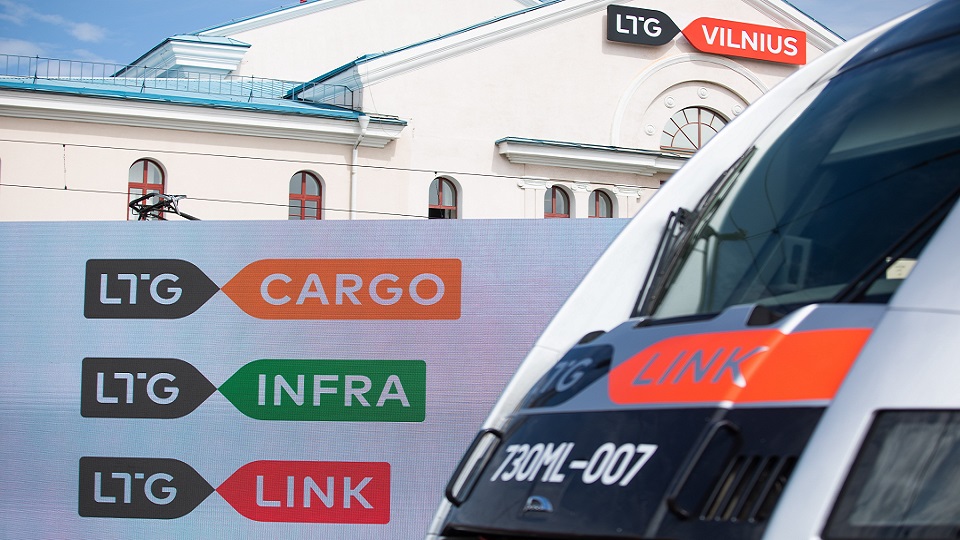Financially battered Lithuanian Railways forced to let go of 2,000 employees

Lithuanian Railways (LTG Group) are forced to release around 2,000 employees in an attempt to cope with the increasing financial losses following sanctions against Russia and tension between Lithuania and China. The company has consulted with employee representatives and will allocate 6 million euros for their compensation.
Want to read more?
You have read all of your free premium articles for this month. Please become a subscriber to keep reading.
Subscribe now!
Take advantage of our exclusive offer to get full access to all premium content.




